Read
Caste: The Origins of Our Discontents
By Isabel Wilkerson (Random House, 2020)
Caste. For most Americans, the word seems foreign. This is because it implies more than an unjust social order; it also implies a hierarchy of human value justified by the divine and protected by a living religion and, therefore, almost impossible to change. Caste, for Americans, evokes the hierarchy of India and the Hindu religion. Rarely do we think we live in a caste system in the United States. Even more rarely do we entertain the thought that we live in a Christian-based caste system—particularly one focused on skin color and justified by biblical exegesis and modern science.
Pulitzer Prize–winning author Isabel Wilkerson makes this exact case. In her masterful new work, she looks at the big picture of racial injustice through the lens of caste. She writes, “Caste does not explain everything in American life, but no aspect of American life can be fully understood without considering caste and embedded hierarchy.”
Through interviews, reporting, narrative, and social analysis, Wilkerson offers a “thick description” of the American racial hierarchy. She draws sound parallels among three different caste systems: the racialized United States, the German Third Reich, and the caste system of India. Wilkerson offers “eight pillars of caste” that are constants among all three social systems. The parallels are as accurate as they are chilling.
Wilkerson clearly names and fully explains the origins and persistence of white supremacy and its racialized hierarchy in the United States. The book is not a work of theology, but its insights are deeply theological. This must-read will assist everyone in naming and understanding the context of social sin in which we all find ourselves. An accurate diagnosis is the first step in treating a chronic, possibly fatal illness.
The End of the Christian Life
By J. Todd Billings (Brazos Press, 2020)
We all have two basic responses to the prospect of death: abject fear or denial. But what is a Christian response to death? In this insightful book, theologian J. Todd Billings, whose struggle with incurable cancer informs every page, calls us to embrace the Rule of St. Benedict and keep death daily before our eyes. Too often the church mirrors our culture, which minimizes death and seeks to cover its wound. Billings maintains it is life-giving to lean into our mortality.
Two chapters especially stand out. In one, Billings looks at the golden calf we’ve made of medical science. In many ways we hold onto the illusion that the latest medical breakthrough will allow us to master our fates. Curiously, highly religious people opt for more extreme treatments at the end of life than nonreligious people do. These measures have been shown to diminish the quality of life. Surely this is a sort of idolatry: Although modern medicine offers many wonderful treatments, it is not our savior. As one undergoing chemotherapy, Billings offers a realistic look at the promises and limitations of modern medicine.
Another chapter reveals the enormous impact of the “prosperity gospel” on Christians. A majority of Christians believe God will grant them good health along with material prosperity if they have enough faith. This belief flies in the face of the witness of the Bible and centuries of church teaching and is incompatible with the reality of death.
Billings suggests living “small” by realizing our lives are brief moments in a grand cosmic story. Amazingly, we’ve been given the wonderful gift of life: a gift that gains meaning when we accept its limits. This book punctures the hubristic death-denying culture that surrounds us and calls us to genuine faith and trust in the One who is our only comfort in life and in death.
Birth of a Movement: Black Lives Matter and the Catholic Church
By Olga M. Segura (Orbis Books, 2021)
Catholicism preaches racial justice, but does the church always practice it? Segura examines the church’s history of racism and explores how Black Lives Matter can move the church closer to racial equality.
Learning to Pray: A Guide for Everyone
By James Martin, S.J. (HarperOne, 2021)
“Prayer is for everyone,” writes Jesuit Father James Martin. This handbook offers practical and spiritual guidance for building a closer relationship to God through prayer.
Litany of Flights
By Laura Reece Hogan (Paraclete Press, 2020)
Winner of the 2020 Paraclete Poetry Prize, this collection of poetry is a lush meditation on the presence of the divine in nature and in daily experiences.
Listen
Cuttin’ Grass – Vol. 1
Sturgill Simpson (High Top Mountain Records, 2020)
Country music needs Sturgill Simpson. Yes, that Sturgill Simpson, who won a Grammy for best country album while not receiving a nomination at the Country Music Awards. Instead, he busked outside the awards ceremony. He’s the thorn in the side of the country music establishment, never fitting comfortably into a category. If he wants to write a ’90s style fuzz bass rock song, he does so unabashedly. If he wants to do a cover of an ’80s British synth-ballad, he knocks it out of the park. And if he wants to make a bluegrass album . . . well, you get the picture.
Cuttin’ Grass – Vol. 1 is an excellent introduction to Sturgill Simpson. When his eff orts to raise money for a charity did better than expected, he offered to make a new album if folks reached a certain goal. They did, and he delivered perhaps one of his most accessible and enjoyable albums to date. Cuttin’ Grass – Vol. 1 is a 20-song selection of his catalogue reworked in a bluegrass vein with some of Nashville’s best bluegrass musicians. Fiddle, banjo, acoustic guitar, mandolin, bass, and drums mingle with sweet old-timey backup singing to create delightful reimaginings of his songs.
While there are plenty of heartbreak, drinking, and rebellion in these songs, there are also lots of family, religion, and soul searching. As one song starts, “Woke up today and decided to kill my ego / It ain’t ever done me no good no how.” However, this doesn’t mean Simpson charts a selfless path, as one clever refrain has him singing, “I thank God for this here life of sin.” But more often than not his religious lyrics mark a journey of discovering something bigger than himself that provides hope and comfort. Love opens up this path, as it does for so many people, as Simpson tenderly sings, “I believe that I found God / about the same time that I found you. / All that stuff about heaven and angels / well, I know now that it’s all true.” It’s a unique journey no doubt, and it yields unexpected rewards
—Father John Christman, S.S.S.
Watch
Francesco
Directed by Evgeny Afineevsky (Afineevsky-Tolmor Production, 2020)
Midway through the documentary Francesco, Pope Francis endorses civil unions for same-sex couples and states that they have the right to a family. And, just like that, two minutes of a two-hour documentary launched a thousand think pieces. There are, however, 118 other minutes of Evgeny Afineevsky’s film that, while not as headline grabbing, are equally worthy of attention. There is nothing especially innovative or flashy in the style of the documentary itself, and many of the episodes of Francis’ pontificate will feel familiar: His joking on the balcony that his brother cardinals had “gone to the ends of the Earth” to elect a new pope. His trips to Lampedusa, the Philippines, and Myanmar to show solidarity with the displaced and the brutalized. His relentless preaching for greater care for the environment.
The event that takes Francesco from an extended episode of Frontline to something far more gripping is the pope’s growing care for Juan Carlos Cruz. The Svengali-like Chilean priest Fernando Karadima abused Cruz and several other teenagers. When Cruz reported the abuse to church officials, they demonized him for being gay. Th e Chilean government’s investigation found that Cruz and others had been abused, but the abuse fell outside of the statute of limitations. Visiting Latin America in 2018, the pope called allegations that the church hierarchy hid Karadima’s crimes, thus allowing his abuse to continue, “calumny.”
But within weeks of returning to Rome, the pope sought an investigation into what happened in Chile. We watch the Chile story evolve as Afineevsky cuts back to it throughout the film. What is truly remarkable about these events is that we see Francis grow in his understanding of clerical abuse, admit he is wrong, and seek forgiveness from the victims. If there is a vital takeaway from Francesco, this is it.
This article also appears in the February 2021 issue of U.S. Catholic (Vol. 86, No. 2, pages 38-39). Click here to subscribe to the magazine.
Image: Unsplash



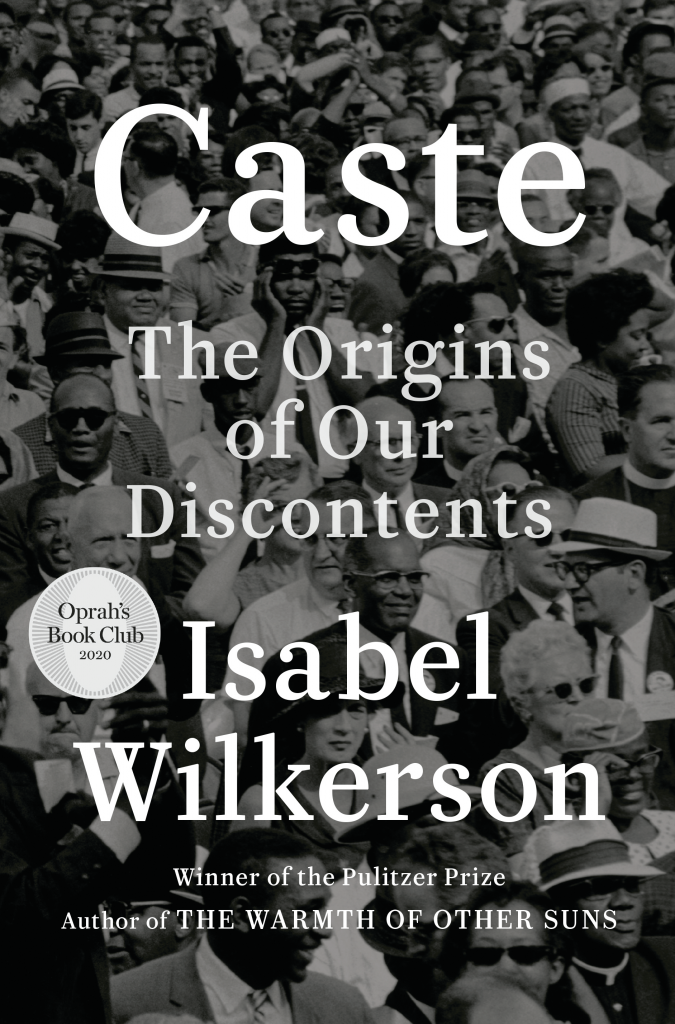
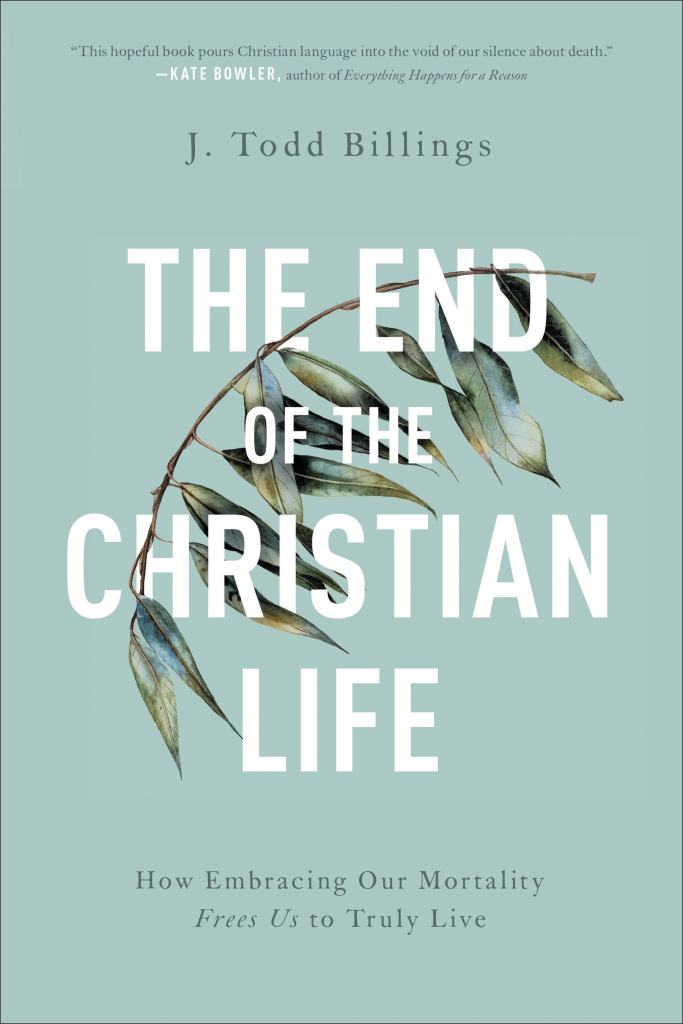
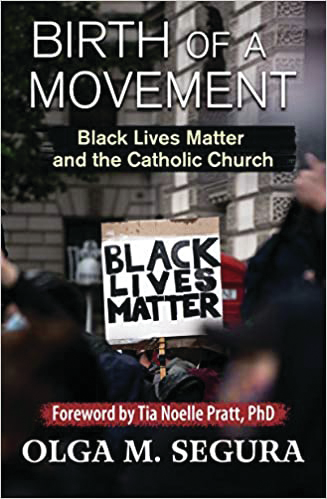
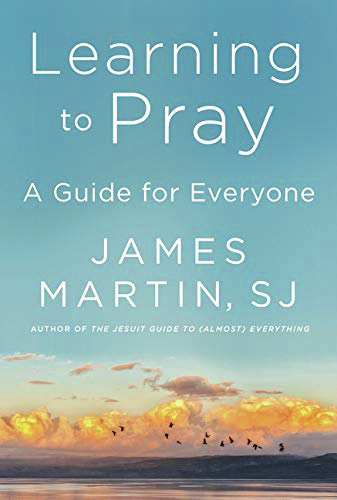
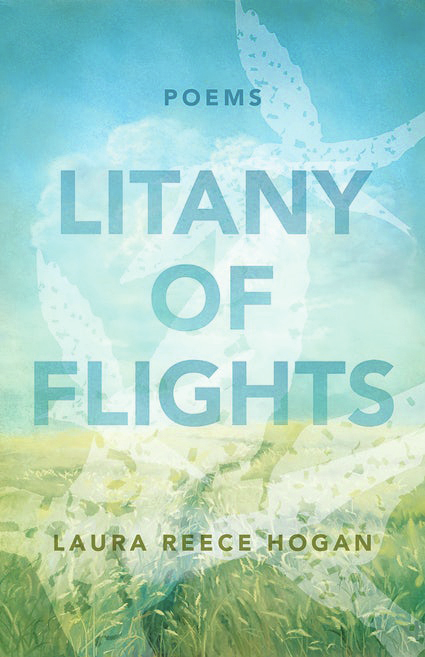
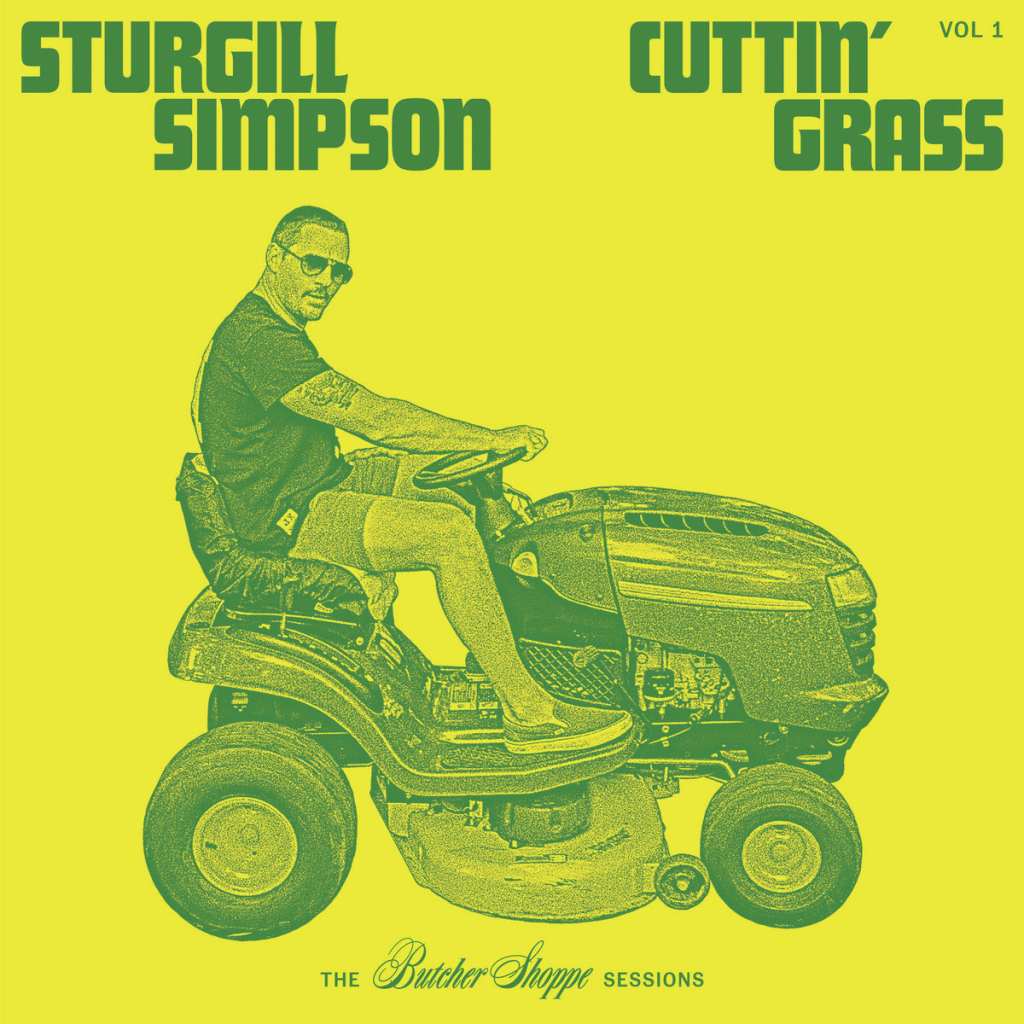
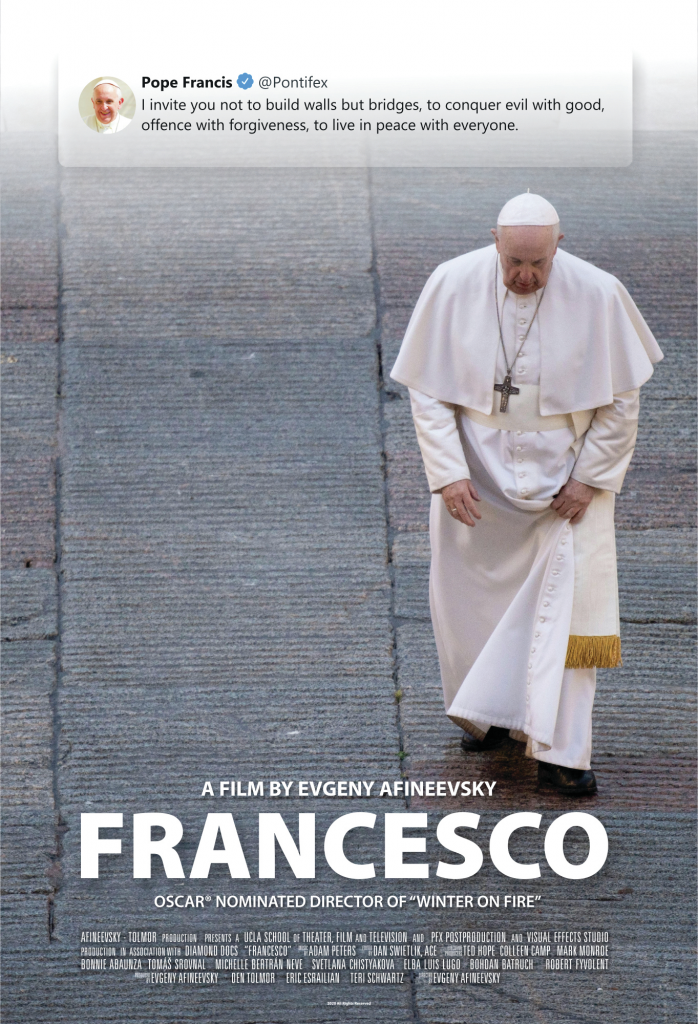










Add comment